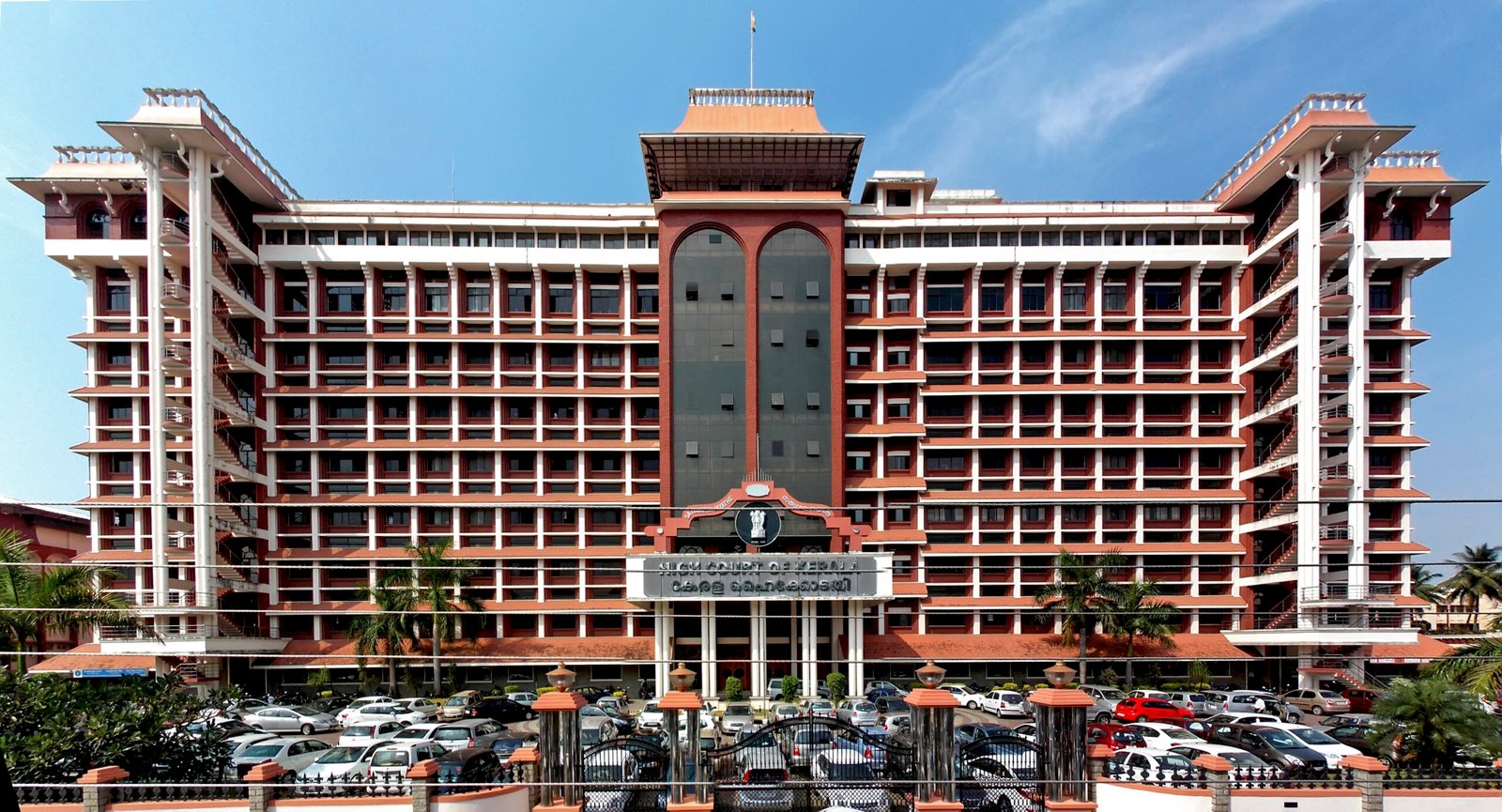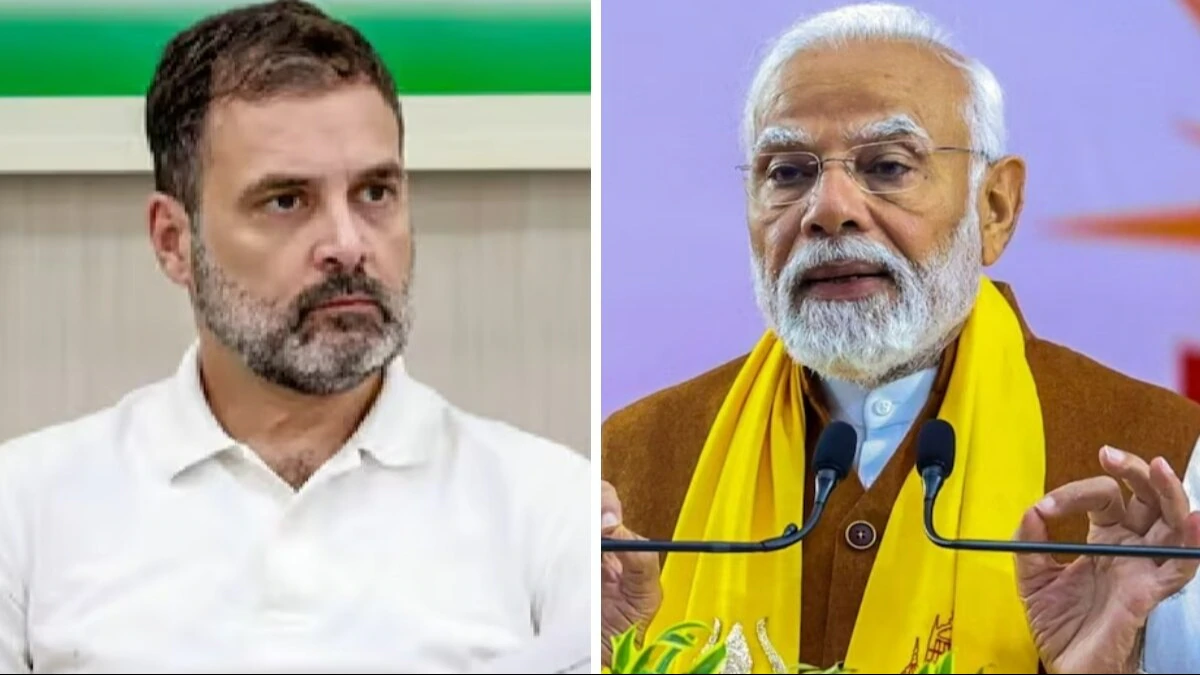Justice VG Arun highlighted that interfering with an individual’s right to choose their sex or gender identity would be a breach of privacy and an affront to their dignity and freedom. The Kerala High Court made significant observations regarding the distinction between biological sex and gender identity.
The Court clarified that while ‘gender’ and ‘sex’ are often used interchangeably, they pertain to distinct concepts related to human identity and biology. Sex refers to a person’s biological characteristics, specifically their reproductive anatomy and chromosomal composition. On the other hand, gender is a social and cultural construct encompassing roles, behaviors, expectations, and identities associated with being male, female, or non-binary.
In a ruling concerning intersex individuals, the Court referenced the landmark NALSA case and emphasized that an individual’s right to choose their sex or gender identity is a fundamental aspect of self-determination, dignity, and freedom. It stressed that this right belongs solely to the individual, and any interference would violate their privacy and dignity.
The case before the Court involved parents of a 7-year-old child born with ambiguous genitalia, seeking court authorization for genital reconstructive surgery to raise the child as a female. Physicians recommended the surgery but declined to perform it without court approval.
To address the question of parents’ right to choose their minor child’s gender without consent, the Court delved into various perspectives. It examined mythological and historical depictions of individuals with multiple genitalia and considered the viewpoints of the United Nations Convention on the Rights of the Child (UNCRC) and other countries on genital reconstruction or gender-affirming procedures for intersex infants.
The Court noted that only a few nations had enacted legislation regulating or authorizing such surgeries, and the age of consent varied among these countries. Additionally, it highlighted a lack of evidence supporting the therapeutic benefits of non-consensual intervention, as indicated in a Medical Law Review article and a World Health Organization report.
Ultimately, Justice Arun concluded that permitting the surgery without the child’s consent would violate the child’s rights under the Constitution of India and their dignity and privacy. The Court expressed concerns about potential emotional and psychological issues if the child later developed a gender preference different from the surgically assigned one.
However, the Court ordered the formation of a State-Level Multidisciplinary Committee to assess the child’s medical condition for life-threatening circumstances, where surgery permission might be granted. Furthermore, it instructed the state government to issue an order regulating sex-selective surgery on neonates and children.
The petitioners were represented by Advocates TP Sajid, Safwan K, Shilfa Latheef, Muhammed Haroon AN, and Muhammed Mustafa K. Government Counsel PS Appu represented the State, and attorney Indulekha Joseph assisted the Court as amicus curiae.



